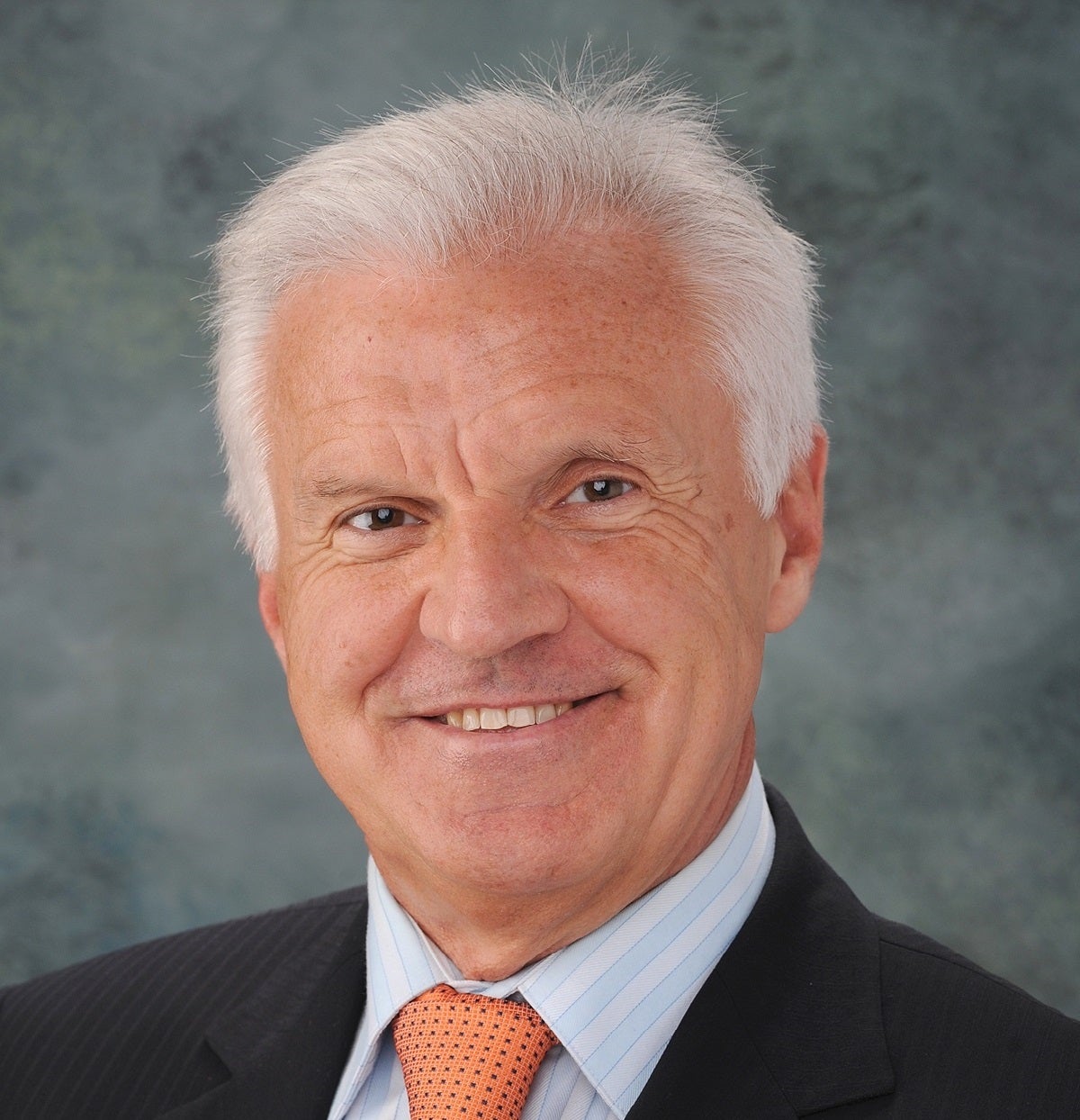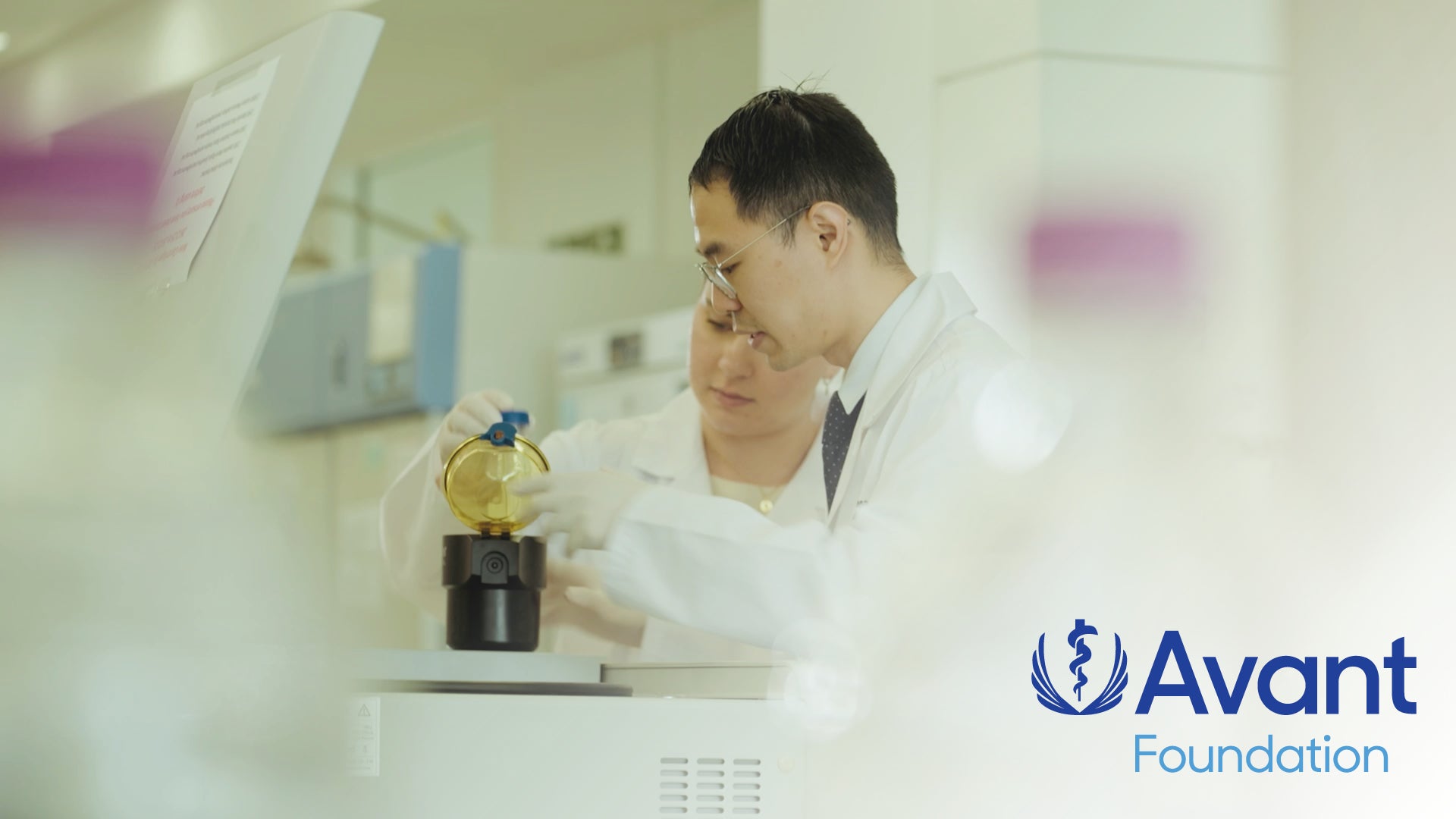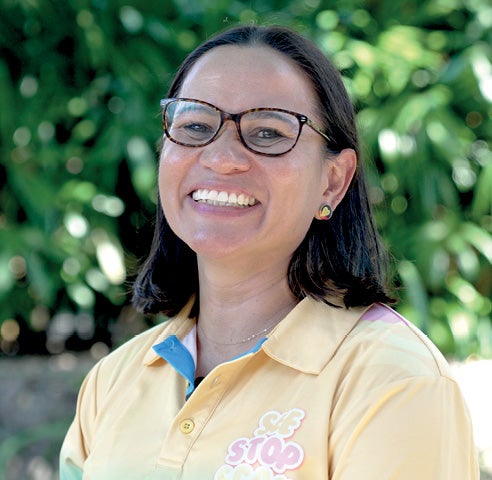Transformation Grant recipients

Professor Russell Dale and Dr Shrujna Patel
Pioneering a new era: epigenetic therapies to transform neurodevelopmental disorders
A new era of epigenetic therapeutics is on the horizon - unlocking the potential for children with neurodevelopmental disorders to thrive
For over three decades, Professor Russell Dale has been on a mission to crack one of medicine’s toughest puzzles: how to better understand and treat neurodevelopmental disorders in children. Based at the University of Sydney and the Children’s Hospital at Westmead, this leading paediatric neurologist is pioneering research that could transform the lives of thousands of children and families.
With 33 years of medical experience, 18 as a consultant neurologist and 10 as a professor, Professor Dale has witnessed a seismic shift in medicine. “We’ve moved from making a diagnosis based only on symptoms to understanding the biology behind disease,” he explains. His passion? Biomarkers, the biological clues that can unlock how diseases develop and how they can be treated. More specifically, his focus lies in the intricate dance between the immune system and the brain.
The developing brain is an extraordinary, ever-changing organ, shaping and reshaping itself from conception through to early adulthood. But when this process goes off track, neurodevelopmental disorders like autism, ADHD and Tourette syndrome can arise. These conditions affect 10% of children and carry a heavy societal burden—from healthcare costs to lost opportunities.
“What’s heartbreaking,” Professor Dale says, “is the families who watch their child lose skills, experience regression or face worsening symptoms after stress or illness, only to hear ‘there’s nothing we can do’.” This ‘medical nihilism’ leaves many families feeling unheard and hopeless.
Unlike rare genetic disorders with clear causes, most neurodevelopmental disorders result from a complex interplay of genes and environment. Factors like infection, stress and diet can influence gene expression through epigenetics—how genes are switched on or off without changing the DNA itself.
At the heart of Professor Dale’s research is chromatin, the structure that wraps DNA inside cells and controls gene activity. “When chromatin is tightly wrapped, genes stay silent; when it’s open, genes are active,” he explains. Dysregulation of this system, he believes, is a missing piece in understanding why some children develop neurodevelopmental disorders.
What makes this research exciting is its potential for intervention. Some existing therapies, like the ketogenic diet, produce metabolites (such as butyrate) that can ‘open’ chromatin and modify gene expression. Professor Dale and his team have developed a modified form of butyrate designed to reach the brain more effectively. Early lab tests show it can reverse inflammatory markers tied to neurodevelopmental issues.
Thanks to winning the flagship $1m Transformation Grant from Avant Foundation, this promising research is moving towards clinical trials. The goal? To deliver the first disease-modifying treatments for neurodevelopmental disorders, offering hope where few options currently exist.
This groundbreaking work is a team effort. Neuroscientists, clinicians, dietitians and bioinformaticians work side by side in the vibrant Westmead research precinct, home to the University of Sydney, Australia's largest children's hospital network, and top medical research institutes. “The clinician-scientist partnership is crucial,” Professor Dale emphasises. “We listen to families and bring cutting-edge science to the bedside.”
In the next decade, Professor Dale, and his scientific colleague Dr Shrujna Patel, envision a future where neurodevelopmental disorders are understood through biological markers, enabling personalised treatments tailored to each child’s unique profile. “It’s about moving beyond symptom management to truly modifying disease pathways.”
His work is a beacon of hope, not just for scientists and doctors, but for the families whose stories fuel this journey. “We hear you,” Professor Dale says. “And we’re working tirelessly to help kids reach their full potential.”
To see a video about this project and read our annual report, click here

Lead Researcher, Professor Stephen Jan and Tracey Johnson
Enabling the Quality General Practice of the Future: The case for investment and the pathway to implementation across Australia
The George Institute for Global Health: transforming general practice in Australia
The George Institute for Global Health is a leading research organisation dedicated to improving healthcare through innovative, evidence-based solutions. Central to its mission is strengthening primary care, especially general practice, which is the backbone of Australia’s healthcare system.
Professor Stephen Jan from the George Institute, along with Tracey Johnson, Chief Executive Officer of Inala Primary Care in Brisbane, lead a team of health systems researchers and representatives from primary care organisations across Australia to drive efforts to transform general practice nationally. Professor Jan is a health economist with expertise in advising how investments in healthcare resources can maximise population health. Tracey Johnson specialises in health economics and health sciences research, and draws on her experience in managing primary care services, to ensure that innovations in care are effectively adopted in real-world settings. The team also includes: Ray Messom, Non-executive Director and Co-founder of Healthicare, a not-for-profit organisation in Western Sydney; Dr Paresh Dawda, Co-founder, Director and Principal of Next Practice Deakin (Clinical); Dr Anne-Marie Feyer, Deputy Chair of the Western Sydney Primary Health Network and Director of the National Primary and Acute Care Data Linkage Project in Sydney; Dr Coralie Wales, a consumer representative based in Sydney; and Professor David Peiris, Anna Campain, Associate Professor Hueiming Liu and Dr Gill Schierhout – health systems researchers from the George Institute. This group will develop strategies to create a more efficient and sustainable primary care system in Australia.
Australian general practice faces increasing pressures from an ageing population and rising chronic disease rates. Current care models are often reactive, with GPs receiving government funding through Medicare, based on service volume rather than patient outcomes. This limits their ability to provide comprehensive, preventive and coordinated services.
The George Institute advocates for greater targeted investment in infrastructure, workforce development and digital technology to enable high-quality, patient-centred care. The Institute emphasises integrated care teams, where GPs work alongside specialists and allied health professionals to better manage complex health needs for patients.
Digital tools and data analytics are crucial for supporting clinical decisions and tracking patient outcomes. Funding reforms that reward quality over quantity can motivate practices to focus on prevention and long-term health improvements. Additionally, enhanced training ensures the workforce can meet evolving healthcare challenges.
Through their research and advocacy, Professor Jan and Tracey Johnson provide a clear case for transforming general practice into a more sustainable and effective system. Their work supports improved patient outcomes, reduced hospitalisations and equitable access to care. The George Institute’s vision ensures general practice remains central to a responsive and strong Australian healthcare system.
To read our annual report and learn more about other grants, click here.

Lead Researcher, Professor André van Zundert
Improving anaesthesia recovery with patient-tailored anaesthesia reversal agents
The University of Queensland: leading innovation in health research
The University of Queensland (UQ) continues to affirm its position as one of Australia’s foremost research-intensive universities, dedicated to advancing knowledge and delivering real-world solutions. With a strong tradition of academic excellence, UQ has consistently ranked among the top 50 universities globally and is a founding member of the Group of Eight (Go8), Australia’s coalition of leading research universities.
In 2025, UQ maintains its reputation as a hub for cutting-edge innovation across a broad range of disciplines, with particular strength in medical and health research. The university is home to world-class research centres, state-of-the-art facilities, and internationally renowned scholars who are driving major advances in human health and clinical care.
One such leader is Professor André van Zundert, Chair of Anaesthesiology at UQ, and a senior consultant anaesthetist with five decades of clinical experience. Professor van Zundert is a recognised authority in anaesthesiology, both in Australia and internationally, and has published extensively on airway management, regional and obstetric anaesthesia, and patient safety.
In 2025, Professor van Zundert, and his interdisciplinary team, submitted a proposal for a highly innovative project titled ‘Improving Anaesthesia Recovery with Patient-Tailored Anaesthesia Reversal Agents’. The research seeks to address one of the most overlooked challenges in modern medicine: the absence of pharmacological agents to actively reverse general anaesthesia.
Despite the routine nature of general anaesthesia in modern surgery, recovery remains an uncontrolled, passive process. Currently, there is no ‘antidote’ for general anaesthetic drugs such as propofol (administered intravenously) and sevoflurane (delivered via inhalation), which are commonly used in combination. While most patients regain consciousness relatively quickly, others – particularly older individuals or those with cognitive vulnerabilities – may experience delayed or incomplete recovery of cognitive function.
While competitive post-synaptic ‘reversal agents’ are currently available for some specific agents, e.g. Flumazenil for most benzodiazepines, a universal, single, pre-synaptic agent acting on the syntaxin pathway, which would rapidly reverse any combination of anaesthetic agents, presents the anaesthesiologist with an entirely new universe in which to operate. To ‘wake up’ from an anaesthetic with a clear mind and no hangover could dramatically reduce complications such as postoperative delirium and cognitive decline, and render anaesthesia much safer and more pleasant for many millions of patients receiving an anaesthetic worldwide annually.
What makes this project particularly innovative is the use of bioengineered human neural cultures and neurocomputation platforms developed in partnership with the Melbourne-based biotech company Cortical Labs. These lab-grown networks of human neurons, derived from induced pluripotent stem cells (iPSCs), are capable of performing basic learning tasks within a closed-loop system that mimics brain-like cognitive processing. This advanced model provides a human-relevant, animal-free method to test whether reversal agents can rapidly restore not only neural activity but also cognitive function after anaesthesia.
Additionally, the team plans to use genetically diverse neuronal cultures that reflect real-world variability in how patients respond to anaesthetic agents. This patient-specific model aligns with the growing focus on precision medicine, allowing for the development of tailored reversal agents based on individual genetic profiles.
If successful, the project could fundamentally transform the practice of anaesthesia by introducing the first targeted reversal therapy for general anaesthetic drugs. It would also deepen scientific understanding of how anaesthetics work – a longstanding mystery in medicine – and pave the way for safer, more controlled surgical recoveries.
To read our annual report and learn more about other grants, click here.

Avant Foundation 2025 Video
Transformation Grant
$1 million awarded annually to organisations to create transformational change in healthcare, with a special focus on health systems.
Research Grants
Grants to organisations up to $100,000 to advance medicine by funding excellence in quality, safety and sustainability through research, with a special focus on health systems.
Bursaries
Investing in the future of healthcare by supporting people undertaking education in medicine, with a focus on equity.



